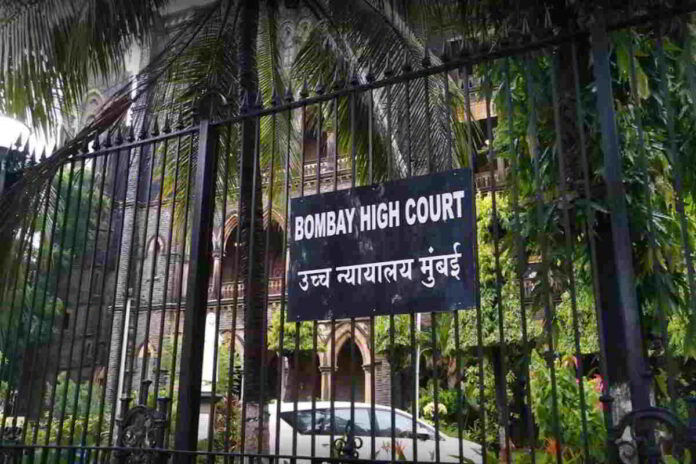While rejecting senior-journalist Gautam Nalakha’s bail petition, the Bombay High Court observed that time spent in unlawful custody couldn’t be included while computing ninety days period prescribed for grant of bail in default u/s 167(2) of CrPC. Navlakha was arrested in the Elgar Parishad Maoist case twice. First time on 28.08.2018 and second time when
To Read More Please Subscribe to VIP Membership for Unlimited Access to All the Articles, Download Available Copies of Judgments/Order, Acess to Central/State Bare Acts, Advertisement Free Content, Access to More than 4000 Legal Drafts( Readymade Editable Formats of Suits, Petitions, Writs, Legal Notices, Divorce Petitions, 138 Notices, Bail Applications etc.) in Hindi and English.







